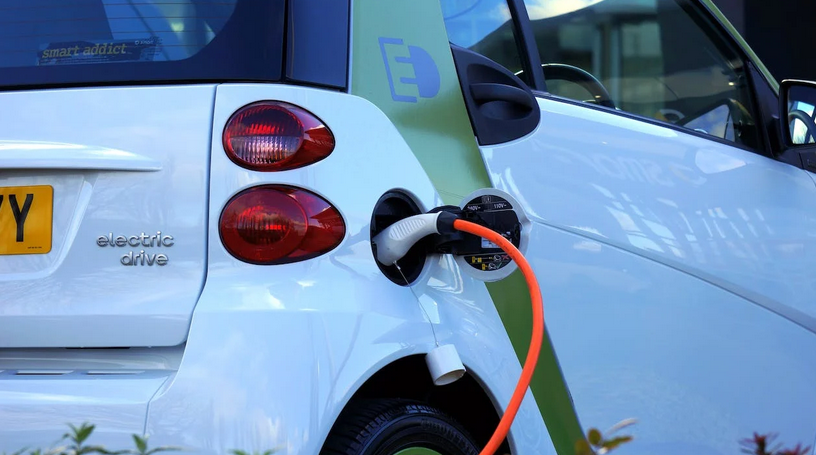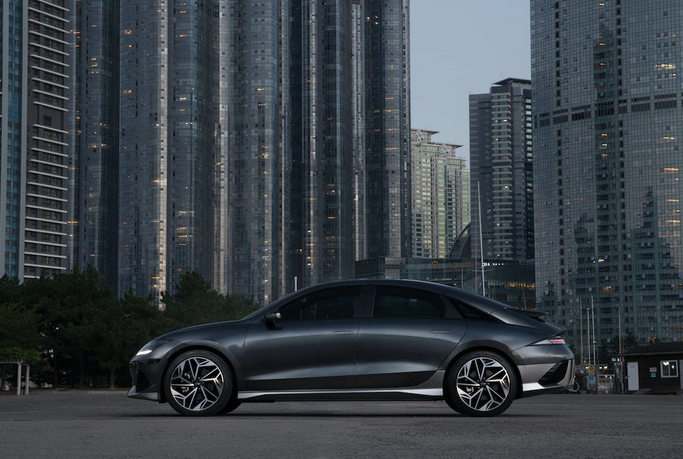As the transition from traditional, internal combustion engine vehicles to electric-powered ones continues to gain momentum, it can be hard for manufacturers and auto industry leaders to keep up with this ever-evolving landscape. The challenge of navigating this revolution is here and now – requiring close monitoring of technology advancements as well as emerging trends in consumer preferences and regulations. For example, the electric vehicles have come up with the plus of being small and efficient for work-site uses.
As such, it’s vital that automotive manufacturers take into account their position within the market and actively consider how they are responding or could respond to this paradigm shift. Here we will discuss the significant challenges posed by introducing electric vehicles into the marketplace, including developing new technology infrastructure and understanding evolving customer needs, as well as explore some potential solutions that executives should be looking at implementing.
The Driving Range Challenge
As vehicles are transitioning to electric power, manufacturers must come up with solutions for improving the driving range of these cars. EVs like Wuling Hong Guang Mini EV has come up with a competitive driving range of about 150km, which allows for more freedom when it comes to longer journeys. Currently, most EVs on the market offer lower ranges than traditional vehicles. As such, manufacturers must continue to work towards increasing the range of these vehicles by optimizing battery power and offering larger-capacity batteries.
Charging Time
Without a doubt, many EV owners reported that they miss the instant, fast charge-up of traditional petrol vehicles. Therefore, it’s no surprise that the charging time for electric vehicles has been identified as a major factor in consumer buying decisions and overall satisfaction with the driving experience. Manufacturers are looking into solutions for reducing the charging time for EVs to compete better against petrol cars; this could involve using DC Fast Chargers or having charging stations that offer ultra-fast charging for shorter stops.

Lack of Charging Infrastructure
Still talking about charging time, another major challenge is the lack of adequate charging infrastructure in many parts of the world. This limits the use of electric vehicles and could have a significant impact on their success in the long run. Manufacturers must assess local markets and develop strategies for creating an appropriate charging network to ensure the widespread adoption and usage of their EVs. Not only should they consider the volume of chargers needed but also the type, such as fast or rapid charging for longer drives.
Lack of EV Professional Mechanic and Service
The shift from petrol cars to electric vehicles also necessitates changing how mechanics and services are provided. As such, having access to professional EV mechanics is key for ensuring that EVs are maintained correctly and serviced appropriately. Manufacturers should consider collaborating with local service providers to ensure that customers have access to reliable, knowledgeable technicians who understand the nuances of electric vehicles.
Overall, manufacturers need to be aware of the challenges associated with introducing electric vehicles into the marketplace and actively …

